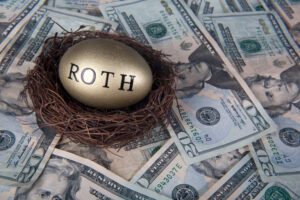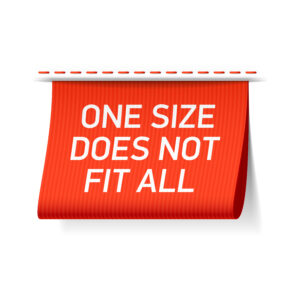Want to Avoid Taxes in Retirement – Try This

There’s been no shortage of thoughts and opinions regarding Donald Trump’s tax returns since the election process began, especially since his leaked return hit the mainstream media a few weeks ago. One could argue at length regarding those numbers and whether or not they paint a positive picture of Trump and his finances. However, there’s no question that Trump was able to use his losses to help offset gains in years to come.
This is just one of many tricks that the wealthy use to help reduce their taxes in retirement. There are several others that both the wealthy and the everyday average taxpayer can use to help offset their retirement tax bill. One of the most obvious is by using an employer retirement account, which helps offset taxes now and when you’re done working. In addition, you can open a Roth IRA, which is an excellent way to save after tax income. All Roth IRA withdrawals are tax-free once you’ve owned the account for five years and you are at least 59 ½ years old.
Having a health savings account is also a great way to save. The money you place in an HSA is pre-tax so you won’t get hit upfront and it’s tax-free when you withdraw it, as long as you use it for medical expenses. Given that most people experience more health problems in their retirement years than earlier in life, this is a great tax savings tip to save you money.
These are just a few of the ways to help save money on your retirement taxes, but there are several more, including using long term capital gains, your home equity and a charitable remainder trust. If you have more questions about tax savings in retirement then please contact GROCO today.
You also might like How to Save on Tax in Retirement
http://www.forbes.com/sites/financialfinesse/2016/10/09/how-to-be-like-trump-and-avoid-taxes-in-retirement/#7ee1313f5e95
The Roth Way to Riches
The Roth Way to Riches By Roy Lewis With all the recent tax-code changes, it seems a number of taxpayers have forgotten the Roth IRA. That’s a shame, because it’s far more than an ordinary retirement savings account. Roth IRAs are tax-favored accounts to which qualified taxpayers can make non-deductible, after-tax contributions. Those contributions can…
Health Savings Accounts (HSAs)
Health Savings Accounts (HSAs) Medicare legislation enacted in December 2003 provides for a prescription drug benefit that won’t exist until 2006. But also part of the new law is a provision that went into effect on January 1, 2004—the creation of the Health Savings Account (HSA). By opening an HSA, you may be allowed to…
Choosing Your Executor and Trustee
Choosing Your Executor and Trustee You know that it’s vital to make a proper will and keep it up to date. No less critical is the need to select your executor or personal representative with care. You may believe that any friend or relative whom you might select could do the job. Perhaps so. But…
Estate Planning is Not “One Size Fits All”
Estate Planning is Not “One Size Fits All” Married, never married, widowed, divorced—each of us has unique needs when it comes to how and to whom we make our bequests. Here, in a brief discussion, are a few checkpoints for developing an estate planning strategy for people who are on their own. Review your will…




